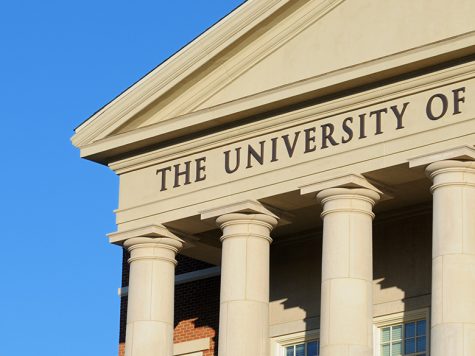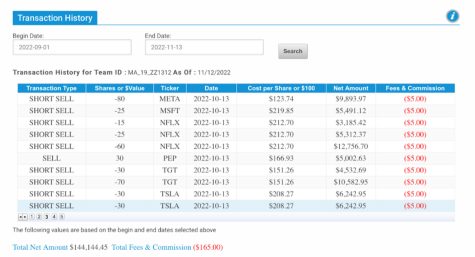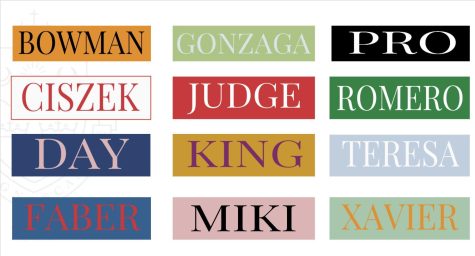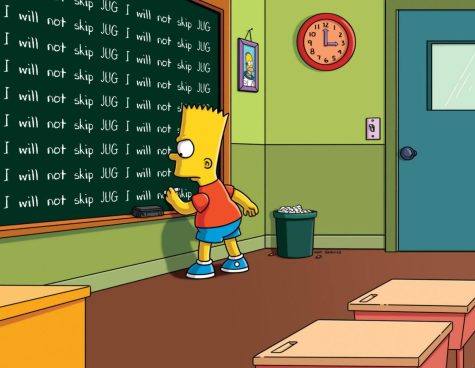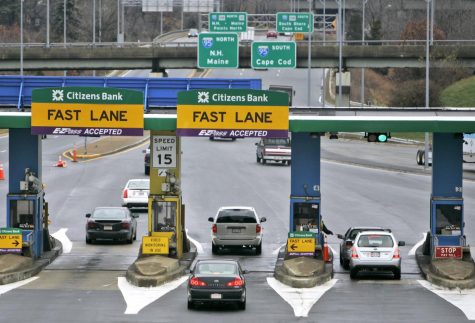Politics Do Not Affect Masses
March 16, 2020
At the Mass of December 12, the Feast of Our Lady of Guadalupe, a speaker talked about the American-Mexican border and the conditions of it. At this time, it happens to be a much-disputed political conversation. Now, one may say that we are at a religious gathering and that it should not be part of the Mass; we should be there to discuss the common interest and the reason that we are all there: our faith and religion. But is it too far-fetched to say that the point that the woman was making was in favor of the mass and the reason we were there? That it may have even been more religiously motivated than politically motivated since the celebration was for Our Lady of Guadalupe, the symbol of Mexican patriotism? It could have been that she was showing pride because of her faith in Our Lady of Guadalupe and what she stands for. Even if it had not been mainly religiously motivated (if it was political), it was definitely relevant. It was not irrelevant at all to have her speak upon the experience of being there as a member of the Latinx community at a Mass about a Mexican figure. Whether one agrees or disagrees with the politics surrounding the border and the tensions relating to people of Hispanic descent, she did not make a point about political leaders or policies. Yes, one may find it simple to connect her point to a politically biased perspective, but objectively speaking she is talking about Mexican struggles at a celebration of a Mexican figure.
Some of the most personal and closely held values one holds is their political opinions. For many religious individuals, their political opinions are influenced by their religion because of the social aspect of both. For example, one whose religion is strong on giving back to the community will support policies and laws that provide for the poor and the community. That being said, lack of religion can have the same effect. If you take that same person, but remove their religious side from them, they may not have that same motivation to support the policy that they did because of that religious influence. But that does not mean that they always align for every person. Political and religious views can be confused, because there is the overlap in topics and similar passion.
Politics and religion are almost always kept separate from each other both officially and in conversation. It was a high priority of the Founding Fathers of our country to make sure that the two were kept apart, so our government was not influenced by religion in any way. And they are typically something that one does not bring up in conversation with those that they are not very familiar with. It is seen as common courtesy, so this social rule is widely upheld.
Also, I don’t believe that either political party has more of a favoring for a certain religion. One may argue that one has more of a Democratic or Republican view, but it is really a subjective argument. One can pick apart the values of a religion and those of a party and associate them all day long, but I think that it is useless. Both religion and politics have sets of beliefs. For the beliefs to overlap is unavoidable, but that does not mean that there is any direct correlation between the two. It is simply coincidence, and they do stay away from each other in a sense. One would not consider a priest a politician. They preach a set of beliefs, which is similar to a politician at a rally laying out their political ones. But they run different paths. So sure, one can argue that they are correlated, even in saying that someone else is connecting them with no direct proof that they are, but it is simply pointless. It is too widely known and accepted that politics and religion are not put together directly. Maybe they influence how one sees the other, but influence is different than being directly related. It perhaps can cause the belief in the other, but they are connected indirectly at best.


